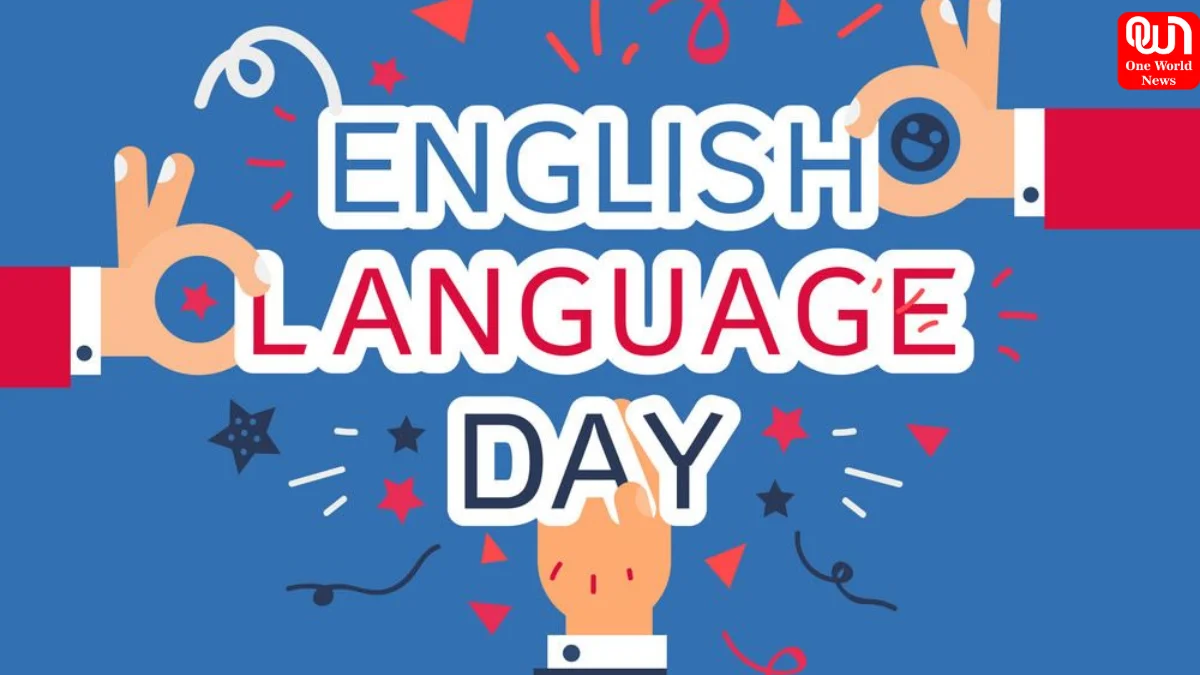Understanding English Language Day
English Language Day celebrates the global importance of English, its history, and ways to encourage learning and communication worldwide.
Celebrating English Language Day: Importance, History, and Ways to Promote the Language
Understanding English Language Day
English Language Day is an annual celebration aimed at promoting the importance of the English language globally. Observed on April 23rd, it aligns with the birthday and death anniversary of William Shakespeare, one of the most influential writers in the English language. The day highlights English as a tool for international communication, culture, education, and professional development. It encourages people worldwide to appreciate, learn, and use English in both personal and professional contexts.
History and Significance of English Language Day
English Language Day was established by the United Nations to recognize English as one of the six official languages of the UN. The day emphasizes linguistic diversity while celebrating the contributions of English to global communication. Over the years, English has become the lingua franca in international business, science, education, and diplomacy. By dedicating a day to the language, organizations encourage the promotion of language skills, literacy, and cultural understanding.
The Role of English in Global Communication
English is widely regarded as the global language of communication. It connects people from different countries, enabling them to share ideas, conduct trade, and collaborate on projects across borders. English Language Day reminds us of the language’s role in uniting communities and fostering understanding among diverse cultures. For students, professionals, and travelers, proficiency in English opens doors to countless opportunities and helps build international relationships.
Promoting English Through Education
One of the primary goals of English Language Day is to encourage education in the English language. Schools, colleges, and educational organizations often host events, workshops, and competitions to motivate students to enhance their language skills. Activities such as essay writing, poetry recitals, debates, and storytelling sessions can help learners develop reading, writing, listening, and speaking abilities in English. Promoting language learning at an early stage strengthens confidence and ensures effective communication in a globalized world.
Cultural Contributions of the English Language
English has contributed significantly to literature, arts, and popular culture. From Shakespearean plays to contemporary novels, music, and movies, the language has a rich cultural heritage. English Language Day celebrates these contributions by encouraging people to explore literature, watch films, and participate in cultural programs conducted in English. This engagement helps people appreciate the depth and beauty of the language, while also encouraging creativity and artistic expression.
REad more: Rediscovering Gosht ka Halwa: The Forgotten Royal Dessert of Lucknow
Digital Era and English Language
In today’s digital age, English dominates the internet and technology sectors. Social media, online courses, research publications, and software often use English as the primary medium. Observing English Language Day in the digital era underscores the need to enhance digital literacy and language proficiency simultaneously. With technology bridging gaps across countries, knowing English allows individuals to access a vast amount of information, learn new skills online, and communicate effectively with global audiences.
How to Celebrate English Language Day
Celebrating English Language Day can be both educational and fun. Individuals can read English books, write essays or articles, participate in debates, or share quotes from famous English writers on social media. Schools and communities may organize workshops, quizzes, or cultural events to engage participants in learning activities. Promoting discussions about language learning, cultural exchange, and communication can also make the day meaningful for everyone.
Importance of Language Awareness
English Language Day also emphasizes the importance of language awareness and multilingualism. While promoting English, it is essential to recognize and respect other languages. Understanding the role of English in education, business, and social communication helps individuals appreciate linguistic diversity while improving their proficiency in the global language. This awareness strengthens personal and professional development and contributes to intercultural understanding.
Encouraging Lifelong Learning
The celebration of English Language Day inspires lifelong learning. People are motivated to continue developing their vocabulary, comprehension, and communication skills throughout their lives. Engaging with English literature, media, and professional content improves cognitive abilities and broadens perspectives. Lifelong learning in English ensures that individuals remain competitive in education, career, and social interactions across the world.
Read more: Celebrating Compassion: World Hospice and Palliative Care Day Awareness
Conclusion
English Language Day is more than just a celebration; it is a reminder of the significance of English in connecting people, promoting education, and fostering cultural exchange. Observing this day encourages individuals and communities to value language learning and embrace the opportunities that English offers globally. Whether through education, literature, digital engagement, or cultural activities, English Language Day inspires everyone to appreciate the language and its role in shaping communication worldwide.
We’re now on WhatsApp. Click to join.
Like this post?
Register at One World News to never miss out on videos, celeb interviews, and best reads.








